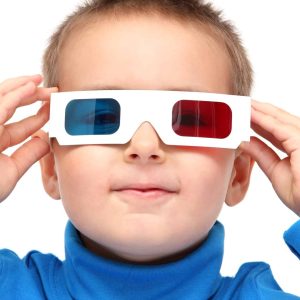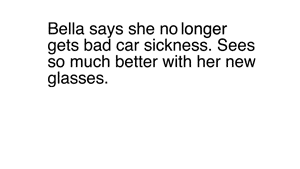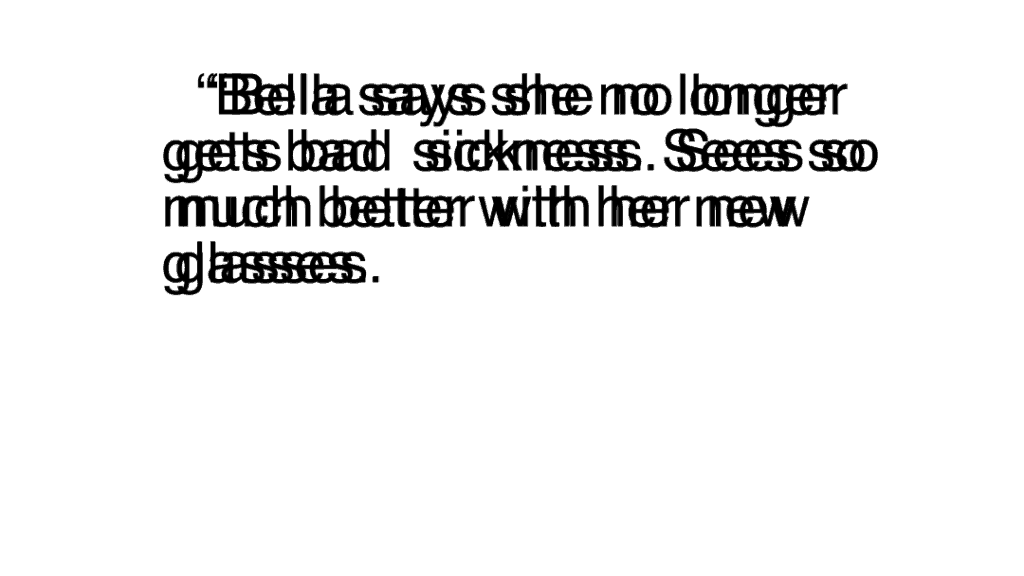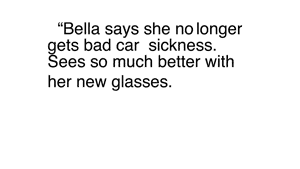Previous slide
Next slide
Our team will reach out to discuss how we can alleviate your symptoms and help you reach your full potential.
Our team will reach out to discuss how we can alleviate your symptoms and help you reach your full potential.




| Monday | 9:00 am - 5:30 pm |
| Tuesday | 9:00 am - 5:30 pm |
| Wednesday | 9:00 am - 5:30 pm |
| Thursday | 9:00 am - 5:30 pm |
| Friday | 9:00 am - 5:30 pm |
|
Closed for lunch from 12:30 pm - 1:30 pm | |
| Saturday | Closed |
| Sunday | Closed |
